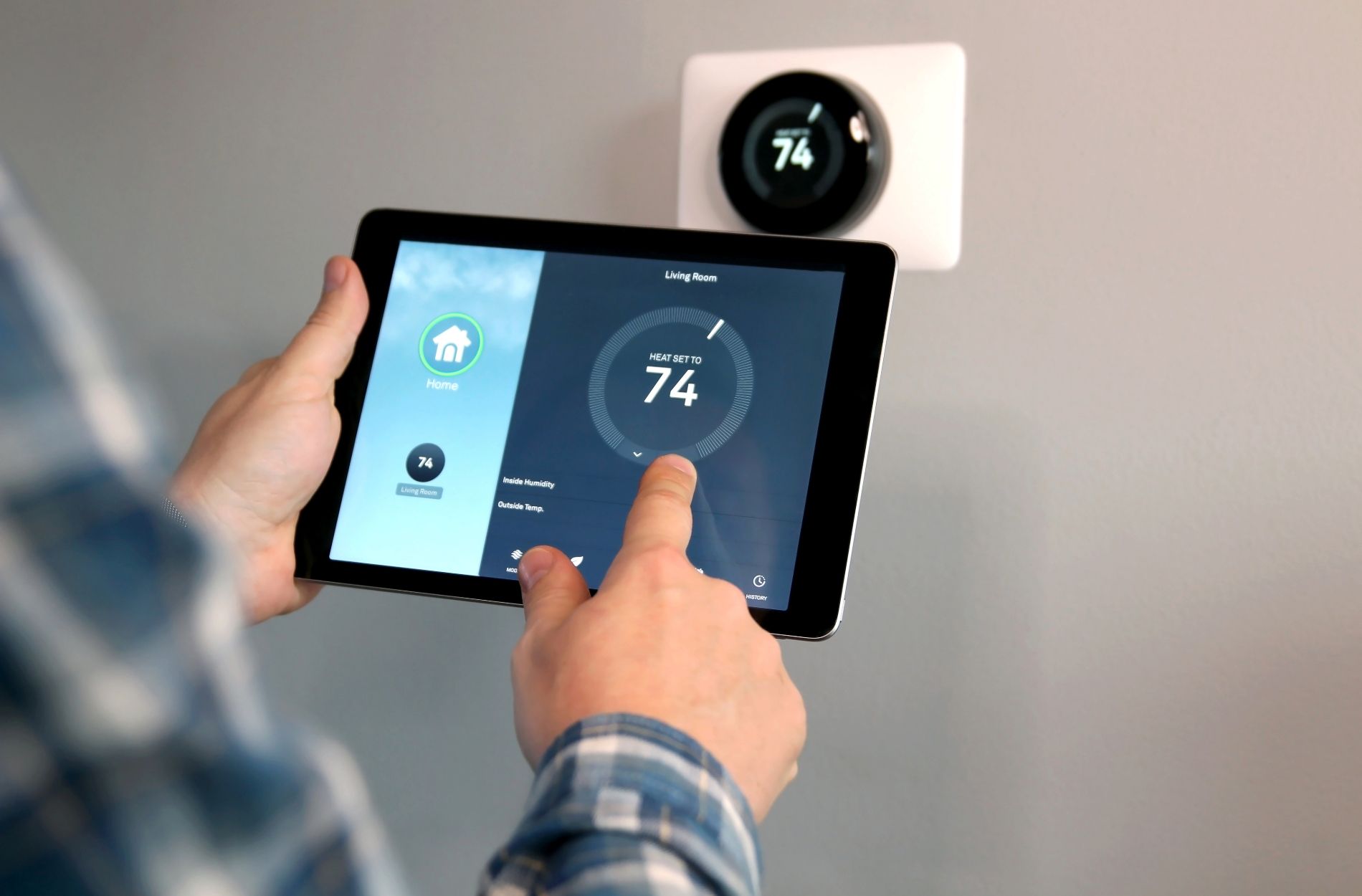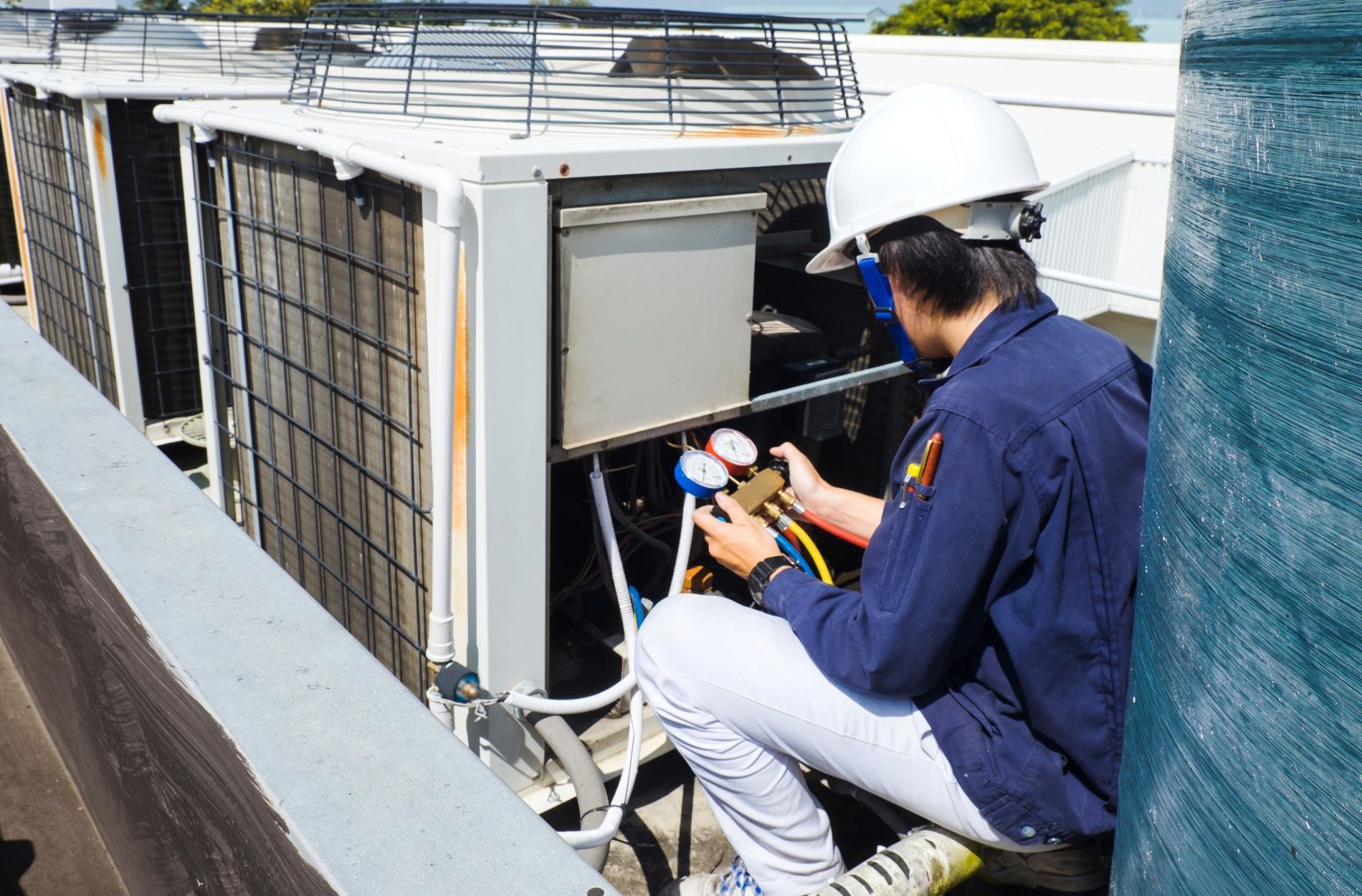Learning How to Detect and Fix Common Furnace Problems
Keeping your furnace in good working condition is important for having a warm and cozy home during the colder months. Sometimes, furnaces can start acting up, and it's not always clear what the problem is. Knowing what to look out for can help you catch issues early and save money on repairs.
A furnace that works correctly can keep your home at the right temperature and help you save on energy bills. But when something goes wrong, it can be a headache. Strange noises, unexpected shutdowns, or weird smells are just a few signs that might indicate a problem. Recognizing these signs can prevent bigger problems down the road.
Understanding how to troubleshoot your furnace and knowing when to call a professional can make a huge difference. Not all furnace problems require an expert, and sometimes a quick fix can solve the issue. However, some problems are more complex and trying to fix them yourself could do more harm than good.
Signs Your Furnace Needs Attention
Recognizing the signs that your furnace needs attention can help you catch problems early before they become serious issues. Some common indicators include:
1. Strange Noises: If you hear banging, rattling, or squealing from your furnace, it could be a sign of mechanical problems.
2. Uneven Heating: If some rooms are warmer than others, there might be an issue with the furnace's distribution system.
3. High Energy Bills: A sudden increase in your energy bill may indicate that your furnace is not running efficiently.
4. Odd Smells: Musty, burning, or gas odors are clear signs that something is wrong and should be addressed immediately.
5. Frequent Cycling: If the furnace turns on and off frequently, it could be a sign of a thermostat issue or an overheating problem.
6. Yellow Pilot Light: A healthy pilot light should be blue. A yellow or flickering flame can signal a ventilation problem or the presence of carbon monoxide.
It’s important to address these issues as soon as possible. Ignoring them can lead to more significant problems, higher repair costs, and even safety risks. Keeping an eye out for these signs and acting quickly can help keep your furnace running smoothly.
Troubleshooting Basic Furnace Problems
Once you spot signs that something might be wrong with your furnace, you can begin troubleshooting to identify the problem. Here are some basic steps to help you start:
1. Check the Thermostat: Ensure your thermostat is set to "heat" and is on the correct temperature. Replace the batteries if needed.
2. Inspect the Filter: A dirty filter can cause many issues. If the filter looks clogged, replace it to improve airflow.
3. Examine the Circuit Breaker: Sometimes, a tripped breaker is the culprit. Check your electrical panel to ensure the furnace's breaker is in the "on" position.
4. Look at Vents and Registers: Make sure they are open and unobstructed. Blocked vents can impede airflow and cause uneven heating.
5. Listen for Ignition Problems: If your furnace doesn't start up, you might have an ignition issue. Check the pilot light and make sure it's burning blue.
Some easy fixes you can try yourself include:
- Changing the Filter: A clean filter can solve many performance issues and keep the furnace running efficiently.
- Resetting the System: Try turning your furnace off and back on to reset it. Sometimes this simple step can fix minor glitches.
- Cleaning the Vents: Dust and debris in the vents can be easily cleaned with a vacuum, improving airflow and heating performance.
If these steps don’t resolve the issue, it might be time to call a professional. Some furnace problems can be complex and require specialized tools and knowledge to fix.
When to Call a Professional
While many furnace problems can be fixed with some basic troubleshooting, there are times when it's best to call a professional. Some situations that require expert help include:
1. Persistent Issues: If you have tried the basic troubleshooting steps and your furnace still isn't working correctly, it could mean there's a deeper problem.
2. Strange Smells: If you smell gas, burning, or other unusual odors coming from your furnace, turn it off immediately and call a professional. These smells can be dangerous.
3. Continuous Cycling: If your furnace keeps turning on and off, it could be a sign of a more serious problem like an overheating issue that needs professional attention.
4. Loud or Unusual Noises: Persistent loud bangs, squeals, or rattles should be investigated by a certified technician.
5. Pilot Light or Ignition Problems: Issues with the pilot light or ignition system often require specialized knowledge and tools to fix safely.
Trying to fix complex problems yourself can be risky. You might accidentally cause more damage or create a safety hazard. Professional technicians have the right training and equipment to diagnose and fix heating problems safely and efficiently. Knowing when to call in the experts can save you time, money, and hassle in the long run.
Preventive Maintenance Tips
Regular preventive maintenance is the best way to keep your furnace running efficiently and extend its lifespan. Here are some routine tasks you can perform:
1. Change the Air Filter Regularly: A clean filter helps maintain airflow and keeps your furnace running smoothly. Check it once a month and replace it if it's dirty.
2. Inspect and Clean Vents: Make sure all supply and return vents are clear and unobstructed. Clean them to prevent dust buildup.
3. Schedule Annual Inspections: Have a professional technician inspect and tune up your furnace at least once a year. This can catch minor issues before they become major problems.
4. Check the Thermostat: Ensure your thermostat is working properly and set at the right temperature.
5. Inspect the Flame Sensor: A dirty flame sensor can cause your furnace to shut down. Clean it once a year to prevent issues.
Benefits of regular maintenance include:
- Improved Efficiency: A well-maintained furnace operates more efficiently, saving you money on energy bills.
- Fewer Repairs: Regular maintenance can spot potential problems early, reducing the likelihood of unexpected breakdowns.
- Longer Lifespan: Keeping your furnace in good condition can extend its life, giving you more years of reliable service.
- Better Air Quality: Clean filters and vents help maintain good indoor air quality, which is especially important for those with allergies or asthma.
Incorporating these preventive steps into your routine can help ensure your furnace runs smoothly and efficiently throughout the year.
Conclusion
Keeping a close eye on your furnace and addressing issues as they arise can save you a lot of trouble. Understanding the signs that your furnace needs attention and knowing how to troubleshoot basic problems can make a big difference. However, some situations require the expertise of a professional to ensure your heating system is safe and working properly.
Regular preventive maintenance is key to having a reliable and efficient furnace. From changing filters to scheduling professional inspections, these small tasks can have a big impact on your home's comfort and your energy bills. By taking care of your furnace, you can enjoy a warm and cozy home without the headache of unexpected repairs.
If you need help with your furnace or want to schedule a maintenance check for
AC and heating units in Owensboro, Anytime Heating & Air is here to assist you. Our experienced technicians are ready to solve any furnace issues you may have. Contact us today to ensure your home stays warm and comfortable all winter long.


